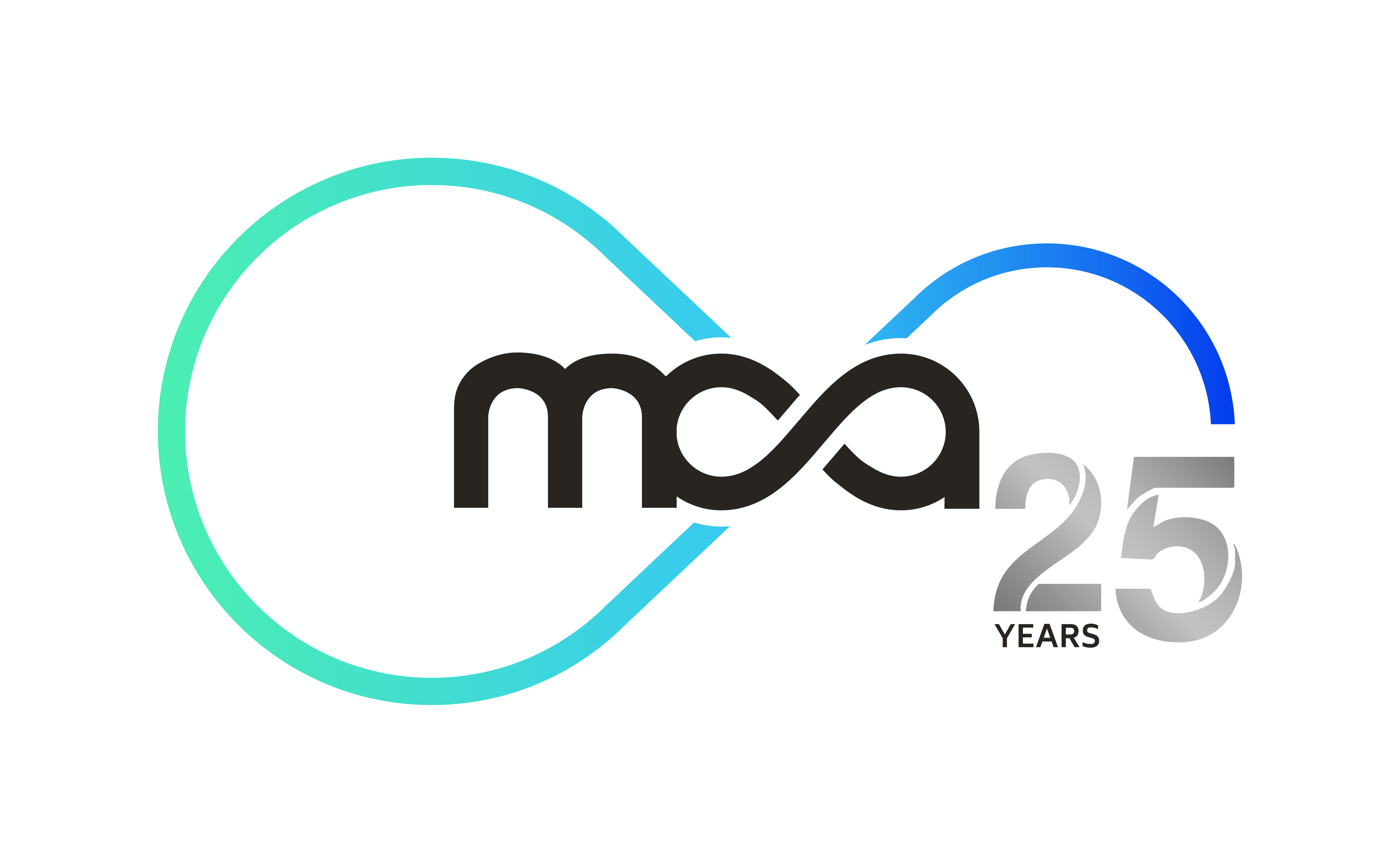Decision on the Universal Service Obligations on Electronic Communication Services
The Malta Communications Authority is responsible to ensure that a number of identified electronic communication services are made available to end-users in the Maltese islands at an affordable price. The services so identified are referred to as Universal Services, and the Authority may specifically designate one or more undertakings with obligations to provide each identified Universal Service.
The set of Universal Services includes various services, amongst which the provision of a fixed telephone line, directory enquiry services and directories, public payphones, and measures for disabled end-users. It also includes alternative consumer tariff options to ensure that those on low incomes or with special needs are not prevented from accessing fixed line telephony. A prepaid fixed telephony service is also identified as an aid for end-users to control their expenditure.
Since undertakings designated to provide Universal Service have the legal right to seek compensation from public funds or a sharing mechanism for any net costs incurred to fulfil such obligations, it is imperative that the principles of objectivity, transparency, non-discrimination and proportionality are respected when establishing which Universal Services should be retained or not.
Following a consultation document published in November 2014, the MCA is now publishing its decision on the universal service obligations that will apply to electronic communications services.
One of the main developments in this decision includes that the obligation to provide a fixed telephone line will only be applicable in areas where no other undertakings offer such a service to the end-user at an affordable price.
The decision also establishes changes in the obligations relating to directories and directory services. The most recent printed directory which was available on the market was published back in 2004 by Maltacom. Although in 2010 a number of entities had expressed their interest to publish this directory, following an adjudication process they were all disqualified. Another entity which had notified the MCA that it was publishing a printed directory also withdrew its interest at the beginning of last year.
In considering whether to retain or withdraw the printed directory as a Universal Service, the Authority carried out an extensive analysis which included the commissioning of a public survey. The survey clearly showed that only a small percentage of people frequently needed to search for new numbers, and when they did so they generally used alternative sources. The MCA also took into consideration that an electronic comprehensive directory is already provided free of charge as a Universal Service on the Internet, and that directory enquiry services are also offered by a number of operators. It also took into account that printed business directories are distributed on a regular basis to every household, and that mobile users actively update their contact lists. Accordingly the need for a printed telephone directory to search for an individual’s number who is either not listed on a business directory, or is not in the user’s mobile phone contact list, has decreased substantially. Mobility is rendering telephone directory outdated and the cost to publish a printed directory would be well in excess of one million Euros, which funds could be utilised more effectively in other ICT programmes contributing to long-term benefits in promoting digital literacy in Malta.
Accordingly, the MCA decided to withdraw the printed telephone directory as a Universal Service while at the same time establishing that a smartphone app shall be made available allowing users to look up both fixed and mobile telephone numbers. This development does not exclude entities willing to publish a printed directory on a voluntary commercial basis in the future. The MCA will assist any third parties interested to notify for a General Authorisation to provide telephone directories and directory enquiry services in order to publish a printed directory.
Another development in the decision is that formal approval by the MCA for the removal of a public payphone will not be required as long as the minimum number of payphones established for a given locality, is satisfied. This is subject to the condition that, at least thirty days prior to the removal of each public payphone, the designated undertaking shall concurrently inform the MCA and the respective local council which payphone is/are being removed, their exact location and the distance to the closest payphone.
The MCA shall monitor and ensure that the universal services listed in the decision are made available to all end-users. A review of this decision will take place when the Authority deems it appropriate or at least within a time period which is notionally set at four years from the publication of the decision.
The revised universal service obligations shall come into effect as from 1st July 2015.
Since undertakings designated to provide Universal Service have the legal right to seek compensation from public funds or a sharing mechanism for any net costs incurred to fulfil such obligations, it is imperative that the principles of objectivity, transparency, non-discrimination and proportionality are respected when establishing which Universal Services should be retained or not.
Following a consultation document published in November 2014, the MCA is now publishing its decision on the universal service obligations that will apply to electronic communications services.
One of the main developments in this decision includes that the obligation to provide a fixed telephone line will only be applicable in areas where no other undertakings offer such a service to the end-user at an affordable price.
The decision also establishes changes in the obligations relating to directories and directory services. The most recent printed directory which was available on the market was published back in 2004 by Maltacom. Although in 2010 a number of entities had expressed their interest to publish this directory, following an adjudication process they were all disqualified. Another entity which had notified the MCA that it was publishing a printed directory also withdrew its interest at the beginning of last year.
In considering whether to retain or withdraw the printed directory as a Universal Service, the Authority carried out an extensive analysis which included the commissioning of a public survey. The survey clearly showed that only a small percentage of people frequently needed to search for new numbers, and when they did so they generally used alternative sources. The MCA also took into consideration that an electronic comprehensive directory is already provided free of charge as a Universal Service on the Internet, and that directory enquiry services are also offered by a number of operators. It also took into account that printed business directories are distributed on a regular basis to every household, and that mobile users actively update their contact lists. Accordingly the need for a printed telephone directory to search for an individual’s number who is either not listed on a business directory, or is not in the user’s mobile phone contact list, has decreased substantially. Mobility is rendering telephone directory outdated and the cost to publish a printed directory would be well in excess of one million Euros, which funds could be utilised more effectively in other ICT programmes contributing to long-term benefits in promoting digital literacy in Malta.
Accordingly, the MCA decided to withdraw the printed telephone directory as a Universal Service while at the same time establishing that a smartphone app shall be made available allowing users to look up both fixed and mobile telephone numbers. This development does not exclude entities willing to publish a printed directory on a voluntary commercial basis in the future. The MCA will assist any third parties interested to notify for a General Authorisation to provide telephone directories and directory enquiry services in order to publish a printed directory.
Another development in the decision is that formal approval by the MCA for the removal of a public payphone will not be required as long as the minimum number of payphones established for a given locality, is satisfied. This is subject to the condition that, at least thirty days prior to the removal of each public payphone, the designated undertaking shall concurrently inform the MCA and the respective local council which payphone is/are being removed, their exact location and the distance to the closest payphone.
The MCA shall monitor and ensure that the universal services listed in the decision are made available to all end-users. A review of this decision will take place when the Authority deems it appropriate or at least within a time period which is notionally set at four years from the publication of the decision.
The revised universal service obligations shall come into effect as from 1st July 2015.
MCA Reference: MCA-OPS/tf/15-2265
Regulatory Type: Electronic Communications
Consultation: MCA-OPS/tf/14-2026
Attachments:
USO Decision 2015.pdf
(1.07 MB)





